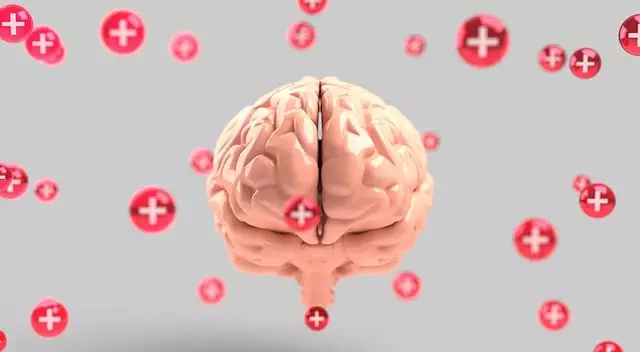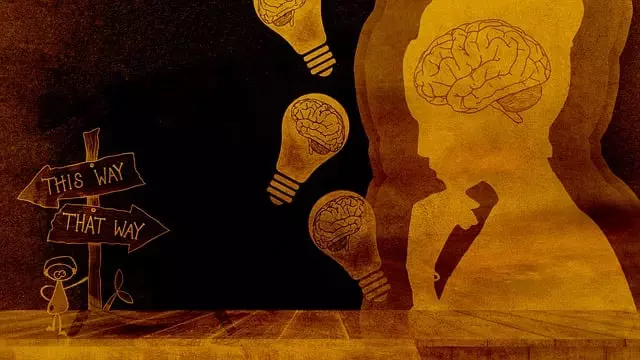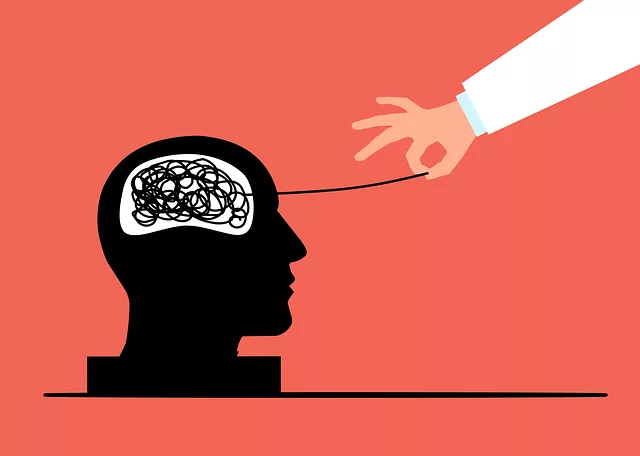Resilience is crucial for overcoming life's challenges, and the RFM (Recovery-Focused Goals, Mindfulness, Strengths) approach helps individuals build this asset. Organizations like Kaiser, a leading healthcare provider in the Golden area, integrate RFM into their mental health services. By focusing on tailored recovery goals, mindfulness practices, and personal strength identification, RFM promotes a shift from viewing challenges as obstacles to seeing them as growth opportunities. This fosters mental well-being, effective stress management, and enhanced resilience, especially in today's fast-paced world. Kaiser's comprehensive mental health services, including evidence-based techniques like CBT and mindfulness exercises, empower individuals to navigate life's challenges with greater resilience.
Resilience is a powerful tool for navigating life’s challenges, and RFM (Resourceful, Flexible, and Mobile) is a proven framework to enhance it. This article explores how understanding RFM can be a game-changer in building resilience, especially through the lens of Kaiser’s comprehensive mental health services. We’ll guide you through various exercises, practical strategies for integration into daily life, and highlight the significant benefits of adopting this approach, backed by research showing its positive impact on overall well-being.
- Understanding RFM: A Key to Resilience Building
- The Role of Mental Health Services in Kaiser
- Exploring Different Types of Resilience Exercises
- Integrating RFM into Daily Life: Practical Strategies
- Benefits and Impact: Does RFM Make a Difference?
Understanding RFM: A Key to Resilience Building

Resilience is a vital asset in navigating life’s challenges, and one powerful approach to cultivating it is through RFM—a methodology that has gained traction in mental health services, including those offered by organizations like Kaiser. RFM stands for Recovery-Focused Goals, Mindfulness, and Strengths, and it provides a comprehensive framework for building resilience. This approach recognizes that individuals have unique strengths and coping skills that can be leveraged to manage stress and overcome crises.
By focusing on recovery goals, mindfulness practices, and the identification of personal strengths, RFM offers tailored guidance for crisis intervention and supports ongoing coping skills development. It empowers individuals to view challenges as opportunities for growth rather than insurmountable obstacles. This perspective shift is crucial in fostering mental well-being and enabling effective stress management, ultimately contributing to a more resilient mindset.
The Role of Mental Health Services in Kaiser

Kaiser, as a leading healthcare provider, recognizes the profound impact of mental health on overall well-being. Mental Health Services within Kaiser play a pivotal role in fostering resilience and supporting individuals through various life challenges. They offer a comprehensive range of programs designed to address common mental health concerns, ensuring that members receive evidence-based care tailored to their unique needs.
In addition to specialized therapy and counseling, Kaiser focuses on promoting Self-Awareness Exercises as part of its holistic approach. These exercises aim to enhance Mental Health Awareness among its members, encouraging them to take an active role in managing stress and cultivating resilience. Through Public Awareness Campaigns Development, Kaiser further contributes to building a supportive community, reducing stigma, and encouraging open conversations about mental health.
Exploring Different Types of Resilience Exercises

Resilience exercises vary widely, catering to different preferences and needs. Some popular approaches include cognitive behavioral therapy (CBT), mindfulness practices, and stress management techniques like progressive muscle relaxation and deep breathing exercises. These methods help individuals develop coping strategies, enhance mental wellness, and build inner strength.
At Kaiser, for instance, they offer comprehensive mental health services that integrate diverse resilience-building exercises, reflecting the importance of Cultural Sensitivity in Mental Healthcare Practice. Their programs are designed with an understanding that Mental Health Education is crucial for fostering resilience, especially in today’s fast-paced world. By combining evidence-based techniques with a patient-centric approach, Kaiser empowers individuals to navigate life’s challenges more effectively.
Integrating RFM into Daily Life: Practical Strategies

Integrating RFM (Resilience, Flexibility, and Mastery) into daily life can significantly enhance mental well-being, especially in today’s fast-paced world. Mental health professionals, like those offered by Kaiser, play a crucial role in guiding individuals towards adopting resilient habits. One practical strategy is to encourage clients to embrace mindfulness practices, such as meditation or deep breathing exercises, which foster flexibility and emotional regulation. These techniques are not only effective stress reduction methods but also powerful tools for navigating life’s challenges.
Additionally, promoting cultural sensitivity in mental healthcare practice is essential. By incorporating culturally relevant resilience-building exercises, professionals can create inclusive environments that cater to diverse populations. Risk management planning for mental health professionals is another key aspect; by identifying potential stressors and implementing coping strategies, practitioners can ensure their own well-being while providing quality care.
Benefits and Impact: Does RFM Make a Difference?

Resilience is a powerful tool that equips individuals to navigate life’s challenges with strength and adaptability. RFM (Resilience, Flexibility, and Mastery), a structured framework, has gained prominence as an effective approach to building resilience. The benefits of incorporating RFM into one’s life are significant, especially in promoting mental well-being. By fostering self-esteem improvement and coping skills development, RFM empowers individuals to face adversities head-on.
Studies suggest that organizations like Kaiser, known for offering comprehensive mental health services, have recognized the value of RFM. These strategies encourage effective communication, enabling people to share their experiences and emotions, which is crucial for emotional healing and growth. The impact of RFM can be profound, leading to enhanced resilience, better stress management, and improved overall mental health, especially in navigating life’s turbulent waters.
Resilience is a powerful tool for navigating life’s challenges, and RFM offers a structured approach to building this strength. As discussed, integrating resilience-focused exercises into daily routines can significantly enhance well-being. Kaiser’s provision of mental health services highlights the importance of professional support in this process. By combining these strategies with practical tips for incorporation into everyday life, individuals can improve their resilience and overall mental health, as evidenced by various studies. This journey towards resilience is accessible to all, encouraging folks to explore and embrace RFM techniques for a more fulfilling life.






